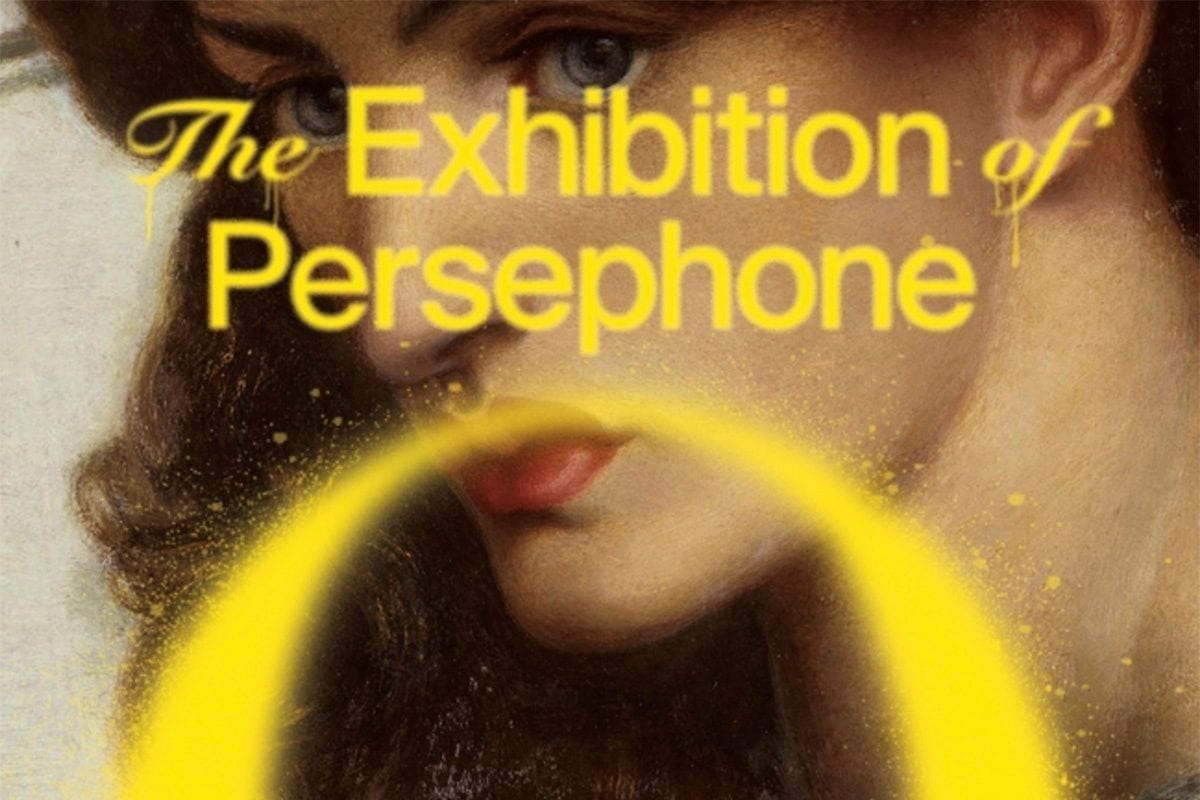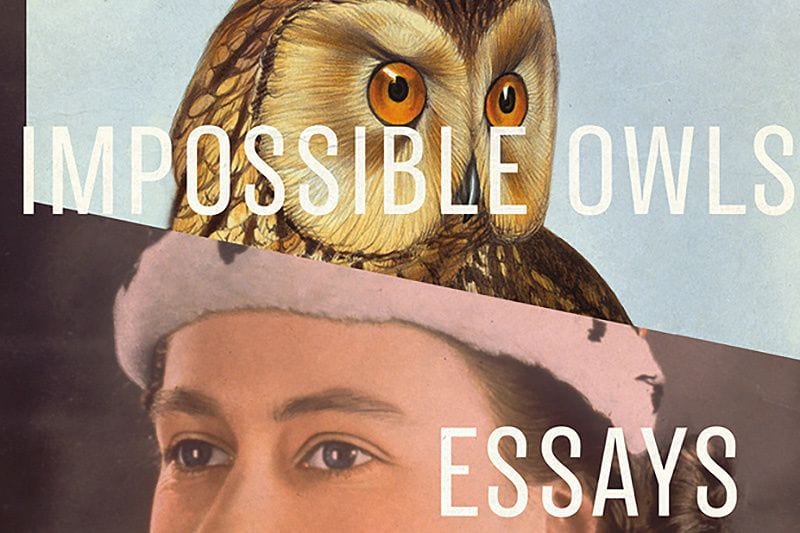
Pola Oloixarac’s ‘Mona’ Offers a Glimpse into the Writer’s Mind
Pola Oloixarac’s novel, ‘Mona’, explores how much effort a person must make to be understood.

Pola Oloixarac’s novel, ‘Mona’, explores how much effort a person must make to be understood.

Yang Jisheng's remarkable historical autopsy, The World Turned Upside Down, is scrupulous in detailing the Cultural Revolution's horrors and insanities but too often leaves out the human side of history.

Jessi Jezewska Stevens' debut novel, The Exhibition of Persephone Q, is filled with exciting ideas and quirky characters, but the book's surfeit of style can't make up for a lack of personality or perspective.

Anna Wiener's Silicon Valley memoir, Uncanny Valley, reveals a piratical industry choking on its own hubris and blind to the cost of its destruction.

The stories in Jac Jemc's False Bingo are wound tight, propelling the reader to ambiguous and nerve-wracking ends.

André Aciman's long-awaited sequel to Call Me By Your Name, Find Me, isn't so much an extension of the previous book's queries about romance and sexuality as it is a work of convenient revisionism.

John Hersey covered Hiroshima and America's race riots with empathy, courage, and profound humility. Jeremy Treglown's biography, Mr. Straight Arrow, should bring a new generation of readers to Hersey's work.

Authors Rosa Liksom and Luce D'Eramo brilliantly convey the seduction and willful disbelief associated with fascism; how one brushes off their misgivings, thinking that it will be different for them.

In rendering his most avant-garde characters as members of a kind of self-help conspiracy in The Made-Up Man, Joseph Scapellato offers not an update but a revision of absurdism, and as such, many social phenomena ripe for satire get off easy.

James Miller's Can Democracy Work? is a coming-of-age story for a generation of Americans whose ideals of social, economic, and political progress foundered on the rocks of brute capitalist power.

In debut short story collection Half Gods, Akil Kumarasamy gives us the painful fragments of her characters' experiences with care, as if she is handing us shards of broken glass.

Essayist Brian Phillips is no staunch empiricist, nor does he want to shatter delusions or expose machinations. In Impossible Owls, he is content to remain in a wide-eyed and owl-ier place.